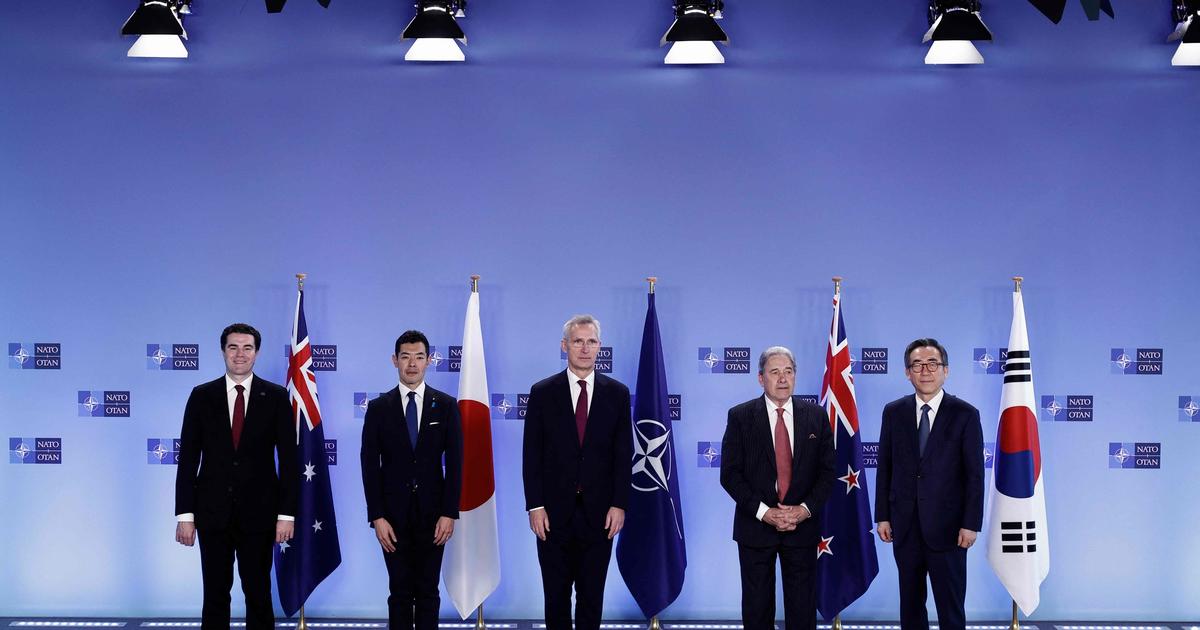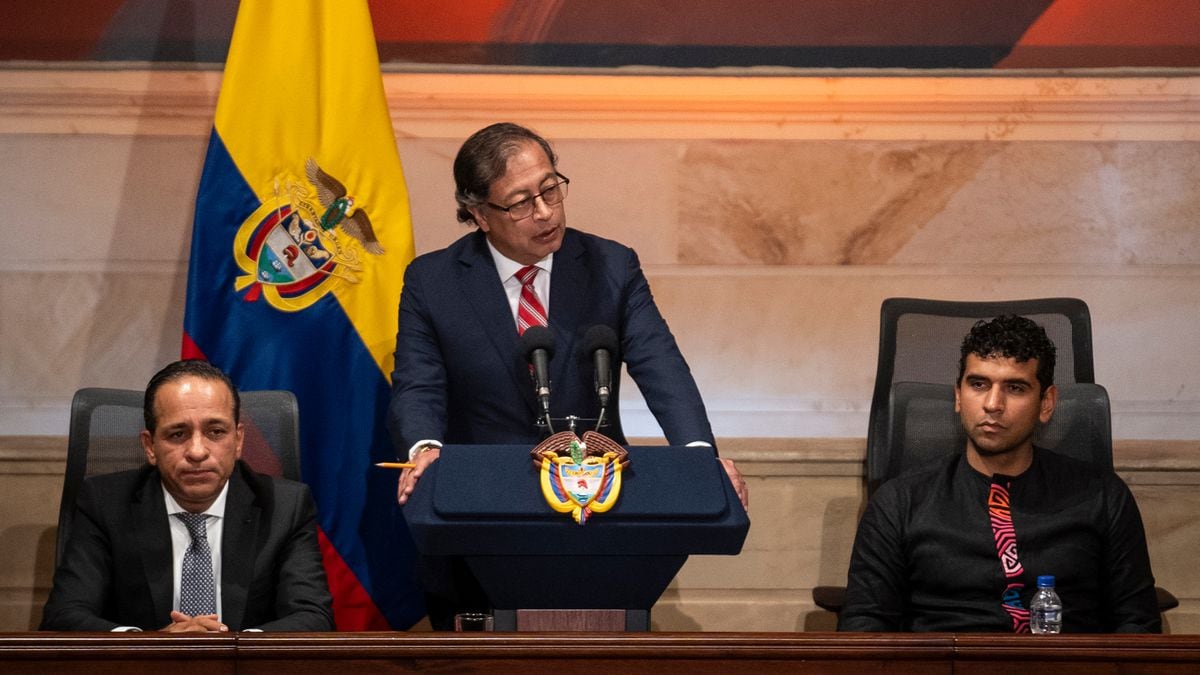The health reform proposed by the Government of Gustavo Petro is not only the legislative project that marks the public debate in Colombia.
It is also the initiative that marks the internal tensions of a Cabinet made up of people of diverse political orientations and who do not necessarily represent the benches of the government coalition in Congress, which suffers from its own stress.
As the regional elections in October approach and the government advances with its most ambitious projects, it seems that the difficulties will become more noticeable.
Two ministers have confirmed to EL PAÍS that on Thursday of last week, after a draft of the reform was circulated among them, four members of the cabinet sent a document to the president with the concerns that the text left them, especially fiscal ones.
The signatories were the Ministers of Finance, José Antonio Ocampo;
Agriculture, Cecilia López;
and Education, Alejandro Gaviria;
and the director of National Planning, Jorge Iván González.
All of them have a long history in state management positions and represent positions closer to liberalism or social democracy than to the more activist left from which several of their colleagues come, including the Minister of Health, Carolina Corcho.
The letter was the latest attempt to influence the text after several discussions in the Council of Ministers and the strategic committee and the public objections of Gaviria, who was Juan Manuel Santos's Minister of Health for six years.
But it had no effect.
On Monday, Minister Corcho distributed the text that was going to be filed and had almost no changes compared to Thursday's draft.
That further increased the tension.
At the last minute, the four ministers managed to include two brief mentions of the Health Promoting Entities (EPS).
One of them is article 54, which gives them three functions in the proposed health system and thus keeps them theoretically alive but very weakened, since they are currently central to the regime as affiliates of the population, in charge of managing health risk. and administrators of payments to doctors and hospitals.
But the final text represents the most radical view, which has been gaining strength in the Government.
In parallel, the presidency of the conservative national directory turned around the most traditional right-wing party, which since September had declared itself part of the government coalition in Congress.
Senator Efraín Cepeda achieved majority support to remove his colleague Carlos Andrés Trujillo from office, who since the electoral campaign was one of the great promoters of conservative support for the left-wing Executive.
With Cepeda, the resignation from the coalition seems to be a matter of time - legally they could only make a formal statement in September - and although he has said that they will continue to be the government party, he has also clarified that it will be "a party with character."
In both cases it is about tensions and not ruptures.
No minister has resigned.
Two of the critics of the health reform, Ocampo and González, signed this Thursday the decree by which the president assumed the functions for three months to set central rules for home public services, which sends a message of unity in a matter that has been the subject of criticism.
Several conservative congressmen, headed by Trujillo, maintain their support for Petro.
The blue quota in the Cabinet, the Minister of Transportation Guillermo Reyes, remains firm.
However, the tensions between partners are significant.
On the one hand, because the Government is facing them just when it begins to carry out its great social adjustments, from the health reform to the pension, or with the decisions that implement the energy transition.
In the words of one of his bishops, the president of the House of Representatives David Racero, the future of the Government depends on the reforms that he manages to carry out.
"There we will see if we succeed or fail," he explained to this newspaper several weeks ago.
Along the same lines, in his first interview with an international media outlet after being elected president, Petro told EL PAÍS: "Reforms are made the first year or they are not made at all."
This need to show that the Government achieves the reforms is evident both in the message of a radical health reform, and in having assumed the powers to regulate public services.
And also in speech.
Petro has not returned to speak of the "Great National Agreement" that he spoke of when he was elected and sealed his alliance with the conservatives, and rather emphasizes his mandate for change.
This is what he said in his closing speech at the mobilizations that he called this Tuesday.
"The change for which millions of people voted cannot be a change of lies or makeup."
“Change is not possible without the people.
The change was why Colombia chose this government”.
Executing that change highlights the difficulties in keeping together sectors that, in the Cabinet or in Congress, want gradual adjustments.
Furthermore, as October's regional elections approach, parties furthest to the left have more reason to take issue with the more radical proposals, particularly if the president continues to have low approval ratings and if less conciliatory positions continue to win. ground in the government and in the opposition.
Subscribe here
to the EL PAÍS newsletter on Colombia and receive all the latest information on the country.







/cloudfront-eu-central-1.images.arcpublishing.com/prisa/EVSKKGOZHPTBCJL2XV22X45PVY.jpg)
/cloudfront-eu-central-1.images.arcpublishing.com/prisa/RYAE4R2YX5G7LGEJQ74SXZI47A.jpg)



/cloudfront-eu-central-1.images.arcpublishing.com/prisa/KMEYMJKESBAZBE4MRBAM4TGHIQ.jpg)


